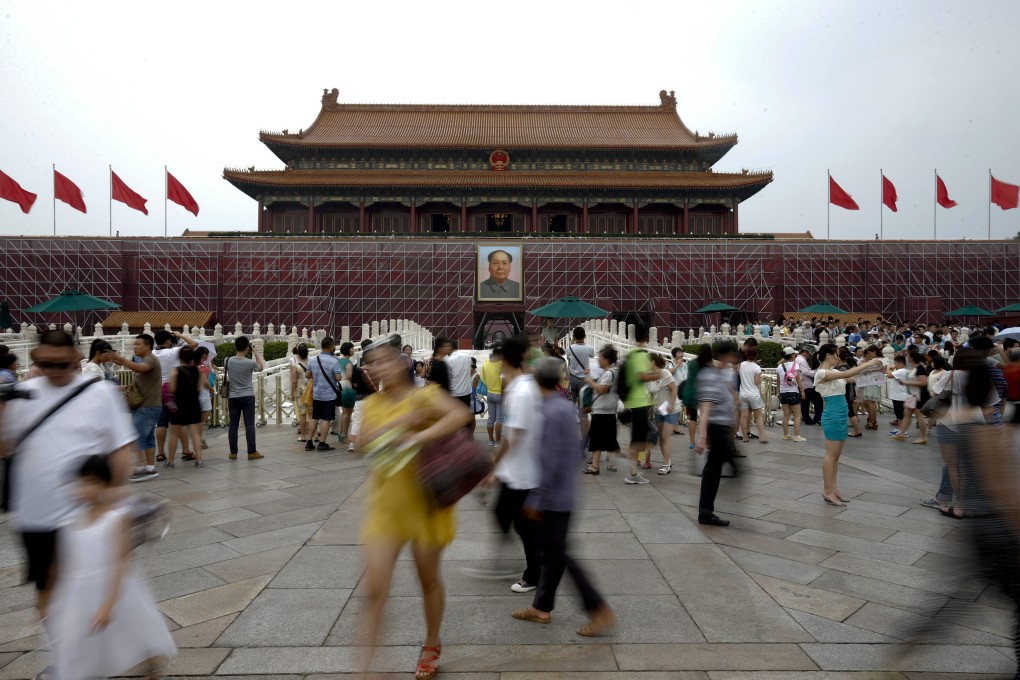Opinion | Timeline: activist's list of Chinese political arrests shows crackdown is gathering pace

Scroll to the right to see more recent arrests, scroll to the left to see earlier arrests. Zoom out on the bottom left of the graphic.
Wen Yunchao, one of the most prominent voices in China's dissident community, has been monitoring arrests and convictions in this year in China from New York City. His list of detentions shows how China's new Communist Party leadership under Xi Jinping is dealing with those who oppose party rule.
Wen’s records are incomplete - they don't include people arrested in connection with ethnic movements, those prosecuted for involvement in the religious group, Falun Gong, or secret arrests unknown to online activists. The information he has gathered comes from reports from human rights groups, social media and the dissident community. Many of the arrests could not be independently verified. Yet Wen insists his records show a growing trend of repression under Xi Jinping.
“What is different this year is that detentions have been particularly large in number and they have been particularly unrelenting,” said Wen, commonly known by his internet alias "Beifeng". The visiting scholar at the Institute for Study of Human Rights at Columbia University said the detentions started with "rights advocates miscalculating the new administration’s stance towards dissent".
